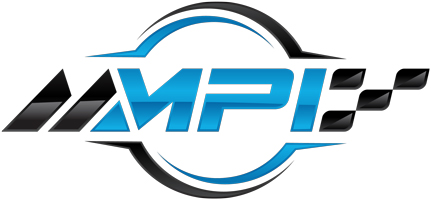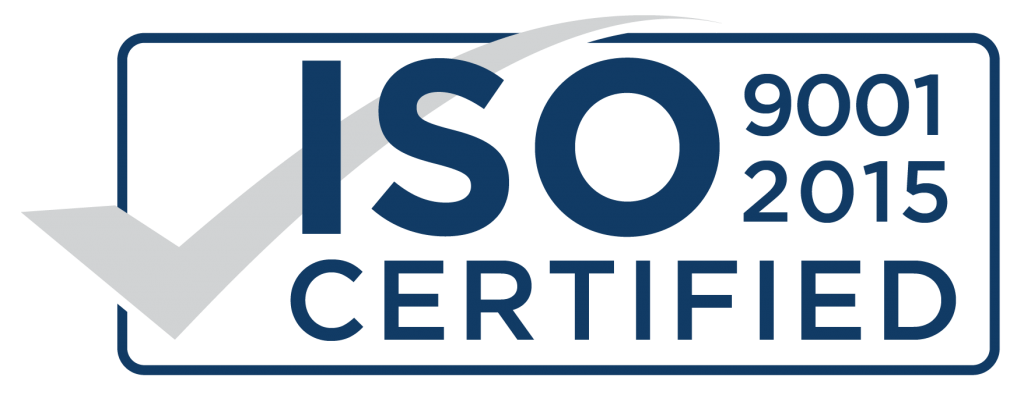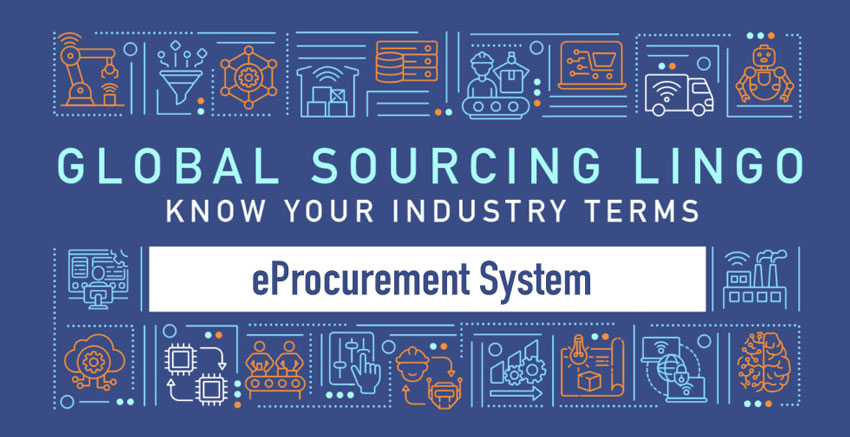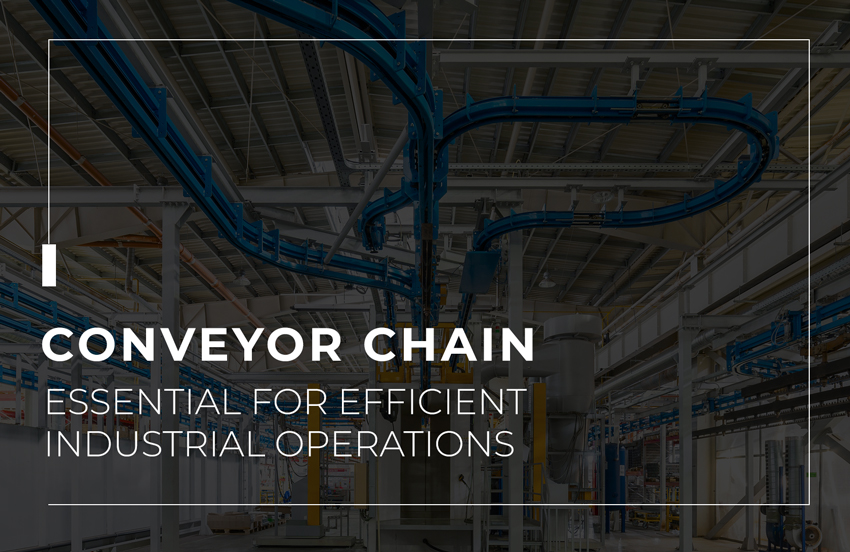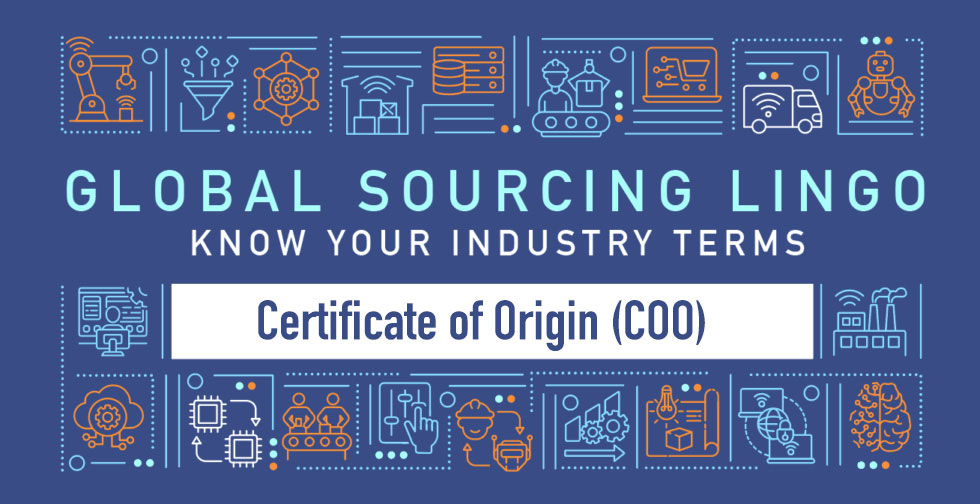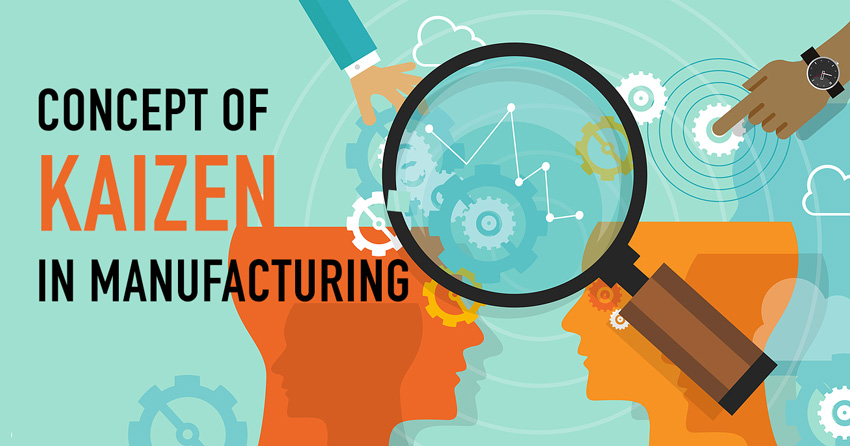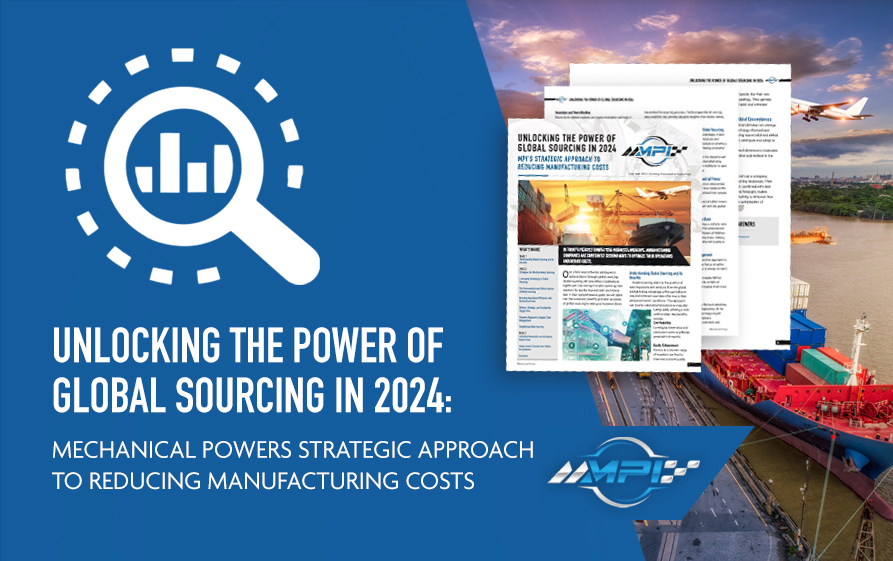Procurement Managers play a crucial role in selecting reliable industrial parts suppliers. This article explores the key factors influencing supplier selection, with a focus on industrial parts such as bearings, hydraulic cylinders, and fasteners. Additionally, we will highlight how sourcing companies can assist procurement managers in effectively managing the sourcing of these critical components.
Understanding the Role of a Purchasing Manager
A Purchasing Manager is a professional responsible for overseeing the procurement and purchasing activities within an organization. They play a vital role in identifying and engaging new vendors, skillfully negotiating prices, ensuring product quality, monitoring inventory levels, and forecasting future purchasing requirements.
Factors Influencing Industrial Parts Supplier Selection
Quality and Reliability
Procurement managers prioritize suppliers known for consistently delivering high-quality industrial parts. For components like bearings, hydraulic cylinders, and fasteners, adherence to industry standards and certifications is crucial. Site visits and sample reviews help ascertain the reliability, on-time deliveries, and responsiveness of the suppliers.
Pricing and Cost Competitiveness
Cost considerations are paramount when sourcing industrial parts. Procurement managers compare prices from different suppliers while maintaining stringent quality standards. They undertake negotiations to align pricing agreements with their organization’s budget and profitability goals.
Supplier Capabilities and Capacity
When procuring industrial parts like bearings, chains, or sprockets, evaluating suppliers’ capabilities is vital. Factors such as production capacity, technical expertise, and the ability to handle customizations are assessed to ensure they meet specific requirements.
Financial Stability
Procurement managers consider the financial stability and longevity of potential industrial parts suppliers. Analyzing suppliers’ financial statements and creditworthiness helps mitigate the risk of supply chain disruptions.
Ethical and Sustainable Practices
Many organizations prioritize industrial parts suppliers that demonstrate ethical and sustainable practices. Procurement managers assess suppliers’ commitment to fair labor practices, environmental sustainability, and adherence to social responsibility standards.
Geographic Proximity and Logistics
For industrial parts like bearings, hydraulic cylinders, and fasteners, proximity to suppliers can impact transportation costs and lead times. Evaluating suppliers’ logistical capabilities, such as shipping and warehousing infrastructure, ensures smooth operations.
Innovation and Technical Support
Procurement managers value industrial parts suppliers that prioritize innovation and offer technical support. Collaborating on research and development, providing value-added services, and contributing to continuous improvement initiatives are essential considerations.
Supplier Reputation and References
Purchasing managers conduct thorough research on industrial parts suppliers’ reputations and seek references from existing customers or industry contacts. Past performance, customer reviews, and testimonials help assess reliability, customer service, and overall reputation within the industry.
Selecting reliable industrial parts supplier is vital for procurement managers to ensure the success of their organizations. Factors such as quality, pricing, supplier capabilities, and ethical practices play a crucial role in the selection process.
Sourcing companies offer valuable support, helping procurement managers identify and evaluate suppliers, conduct market research, negotiate contracts, and manage supplier relationships.
By leveraging the assistance of sourcing companies, procurement managers can make informed decisions, strengthen supplier relationships, and ultimately drive greater value for their organizations in the sourcing of industrial parts like bearings, hydraulic cylinders, and fasteners.

Resourceful and innovative Marketing Pro, with 20+ years of progressive experience in the marketing and creative technology industry. Responsible for digital and traditional marketing efforts that promotes brand awareness, increases engagement, and drives revenue.
